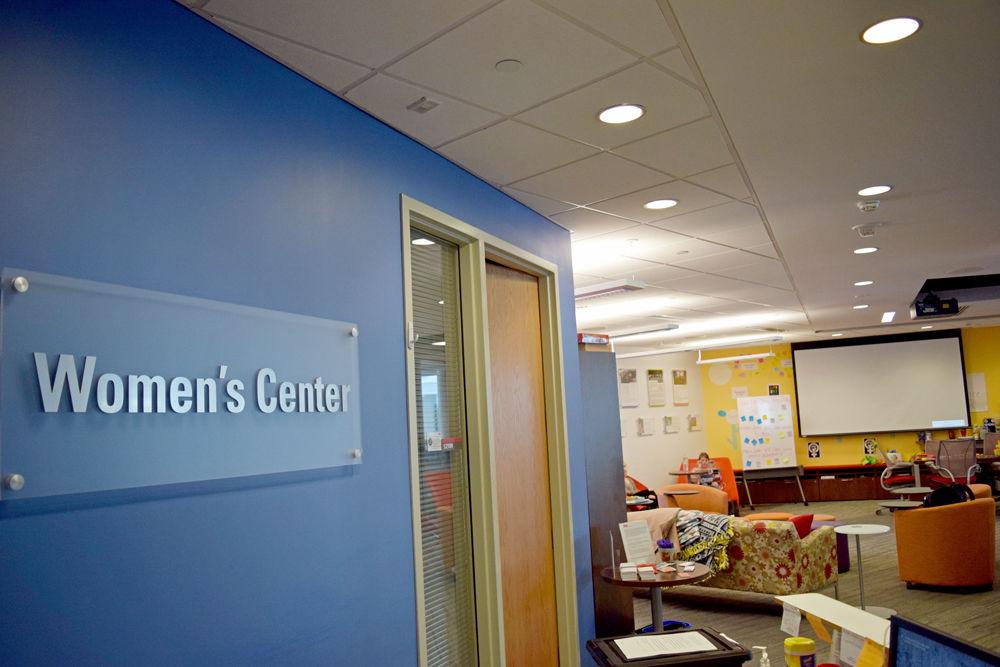Next semester, the Women’s Center will host the first meeting of the Masculinities Project at NC State. The project will consist of a group of students who will meet bi-weekly for discussions about material ranging from the manifestation of masculinities across cultures to identifying systemic oppression to building more inclusive communities. Between sessions, group members will reflect on the topics and work on applying the lessons to their own lives.
According to the Women’s Center’s website, the purpose of the project is for students to have “critical discussions regarding the role masculinities play in our lives and their impact on promoting a gender equitable society.”
“I feel this project is right on time, given our current climate,” said Bradford Hill, content facilitator of the project and counselor at the NC State Counseling Center. “Especially on college campuses, students are questioning the status quo and some of the norms/standards and ideals they were raised on as it relates to masculine identity. I think it’s healthy to critically think about these things.”
Carlyn Wright-Eakes, the rape prevention education coordinator for the Women’s Center described how the Masculinities Project has many different goals.
“The goal is to really look at how we are impacted by masculinities, to kind of look at gender and equality, the pervasiveness of gender violence present on campus and the nature of patriarchal oppression,” Eakes said.
The project focuses on analyzing and deconstructing the culture of masculinity, which can have different meanings for different people.
“To me, masculinity is a fluid definition that takes the form of however we want it to show up. I don’t see as a box that we have to fit into,” Hill said. “In 2018, I think more people are being authentic in their masculinity, however that shows up on the outside, and regardless of how they identify.”
Although the Women’s Center has hosted several events last semester including the “KOD” listening party and a film screening of “What’s Love Got to do with it?,” they will not begin officially meeting until January.
“The spring will be our pilot, and everything up until now has been planning and constructing the curriculum and figuring out what is it that we’re attempting to do,” Wright-Eakes said.
Both Hill and Wright-Eakes emphasized the power of peer learning, as one of the goals for the project is for students to take what they learn and share it with friends, which could potentially impact the campus community.
“My hope for the students who chose to take part in the project is that they’ll walk away with a nuanced understanding of masculinity, what it means to them, and how they want to express it moving forward,” Hill said.
More information as well as the application for the spring cohort can be found here.








